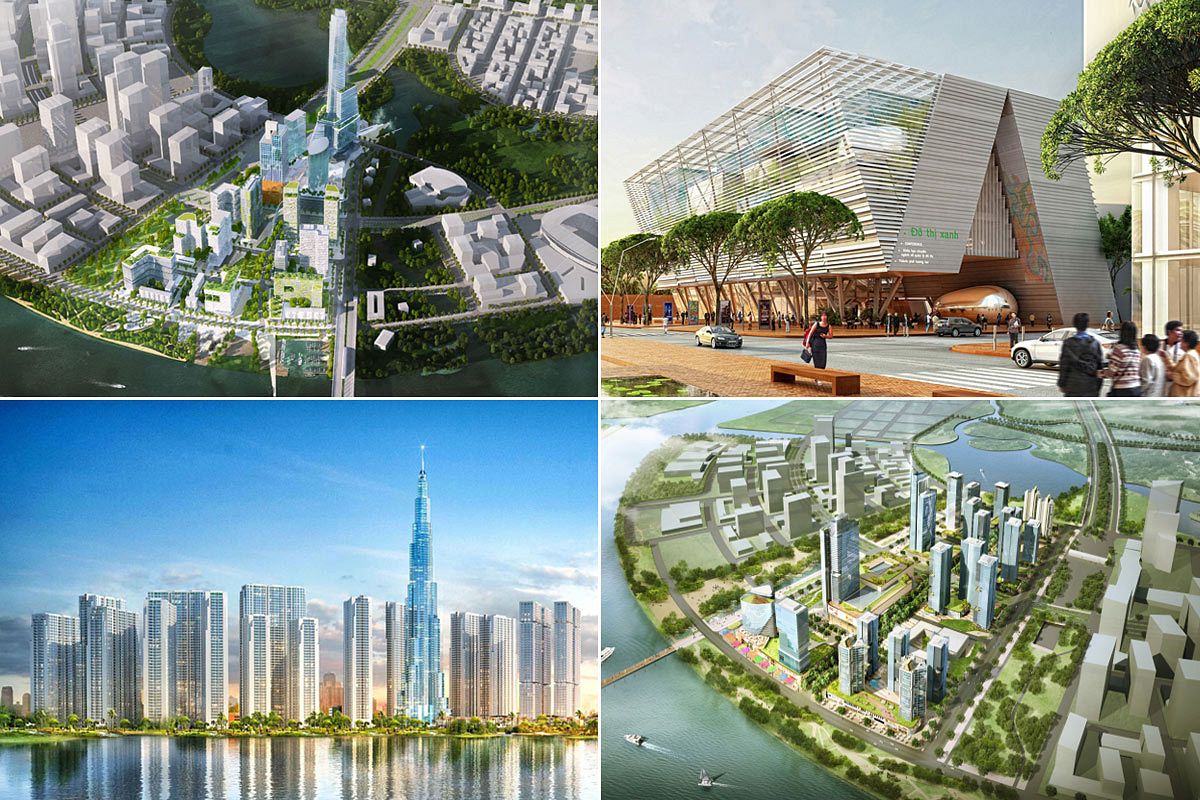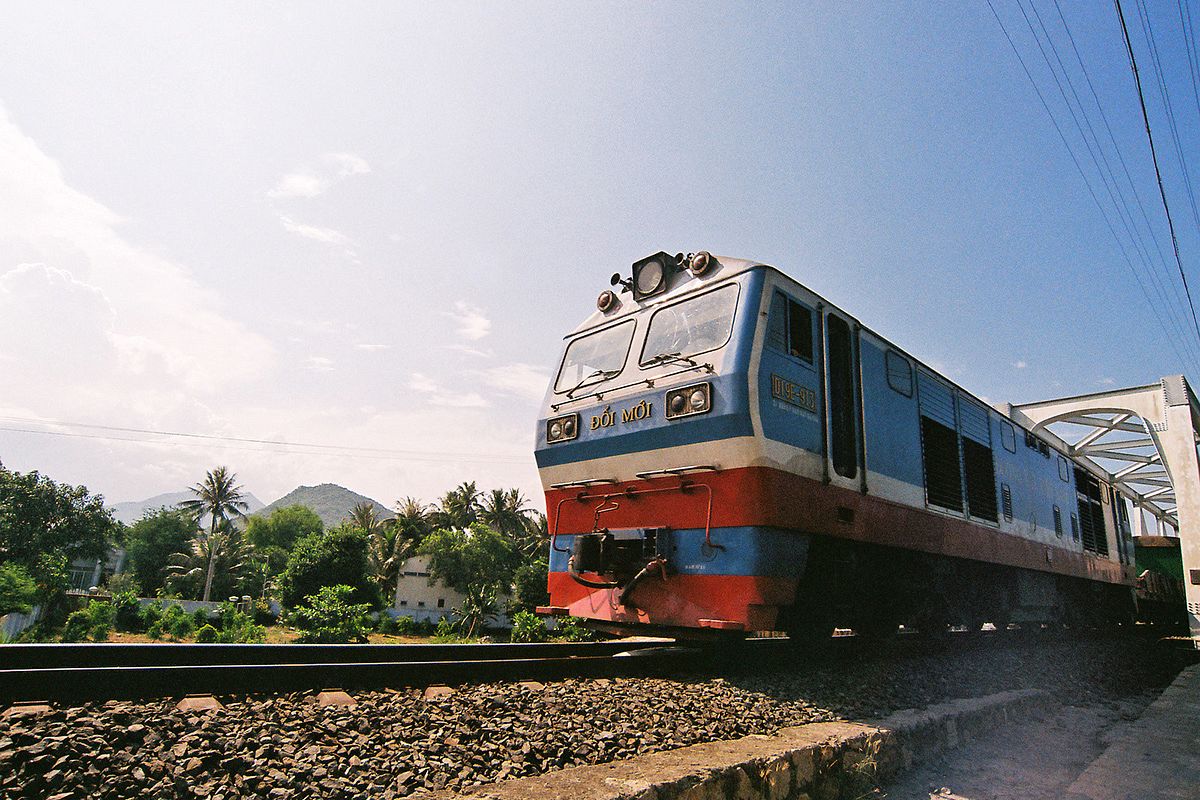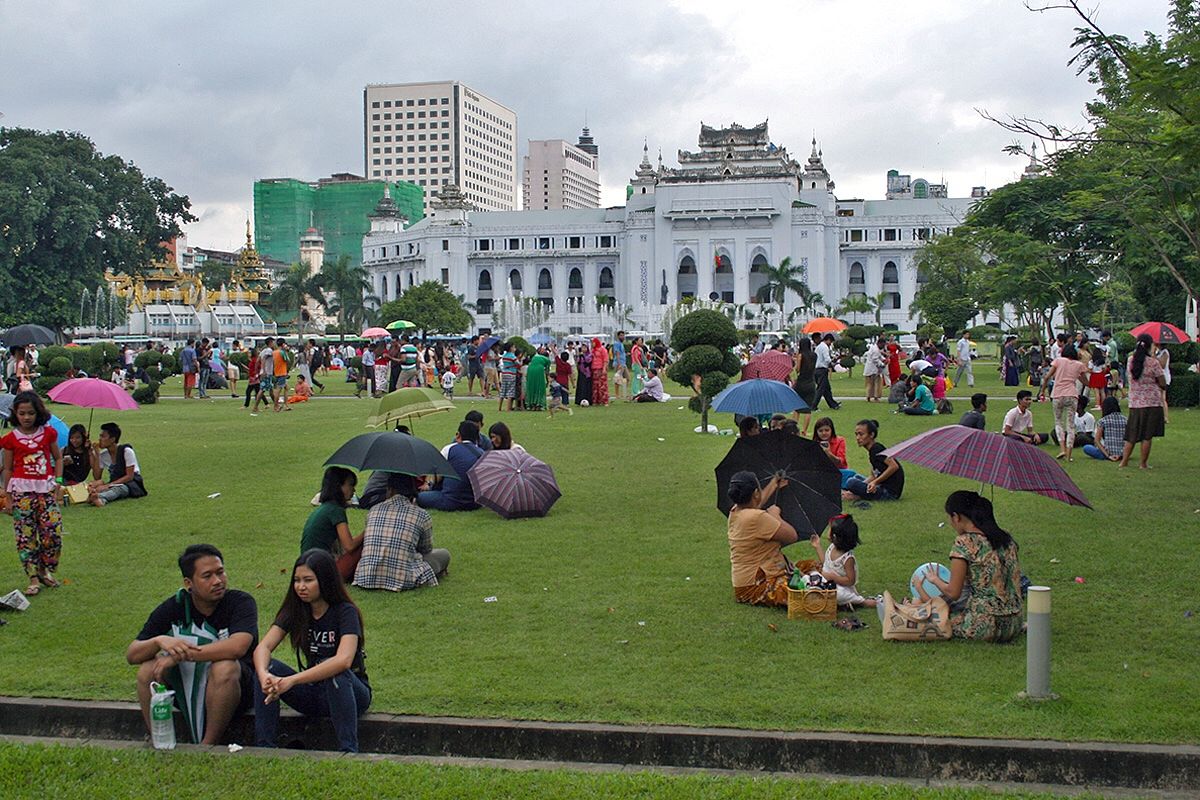Known for its rustic mountain villages, incredible landscapes and ethnic diversity, Sapa is falling victim to the development epidemic that plagues several of Vietnam’s other major tourist attractions.
Last weekend, journalists from Tuoi Tre visited Sapa to witness the town’s construction boom, which has reportedly made both noise and dust common features in the tourist destination.
Trinh Xuan Truong, director of the Lao Cai construction department, confirmed with the newspaper that all 180 new construction projects in Sapa – most of which are hotels and other tourism-related venues – have been licensed by the government. For small residential and commercial buildings, Sapa’s local administration is able to issue construction permits, while larger projects are required to go through the provincial construction department.
Lao Cai officials told the news outlet that construction of a grandiose and touristy Sapa is inevitable because of the town’s increasing amount of visitors. Given the town’s reputation for nature and a tranquil atmosphere, however, officials claim local construction will be monitored carefully.
“Their heights meet the limits set by the planning for the town, and all legal procedures have been appropriately completed,” Truong told Tuoi Tre.
Meanwhile, tourism officials in the area are optimistic about the town’s development. Nguyen Van Manh, deputy director of Sapa's Tourist Information Center, told Taiwan’s China Post: "It's good for Sapa when they can attract more tourists ... and we have a big number of the local people that can find jobs.”
From 2010 to 2015, Sapa’s tourism industry made US$50 million as the township received 700,000 visitors.
More tourism money has also come in since the opening of a cable car to Mount Fansipan earlier this year, drawing greater numbers of both domestic and international tourists to the country’s highest peak.
Sapa is expected to welcome some 3 million visitors by 2020, according to Vice-President Nguyen Dinh Dung of the Lao Cai Department of Culture, Sports and Tourism, who was quoted in another Tuoi Tre article.
While tourism presents a huge economic opportunity for Sapa, the previous development of other tourist destinations – think Phu Quoc – also raise cause for concern. Much-needed infrastructure, including roads and medical facilities, stand to provide better services for both residents and visitors alike, however other, more tourism-focused projects have also gone ahead without the consent of local residents, such as the Fansipan cable car.
[Photo via Quinn Ryan Mattingly]














